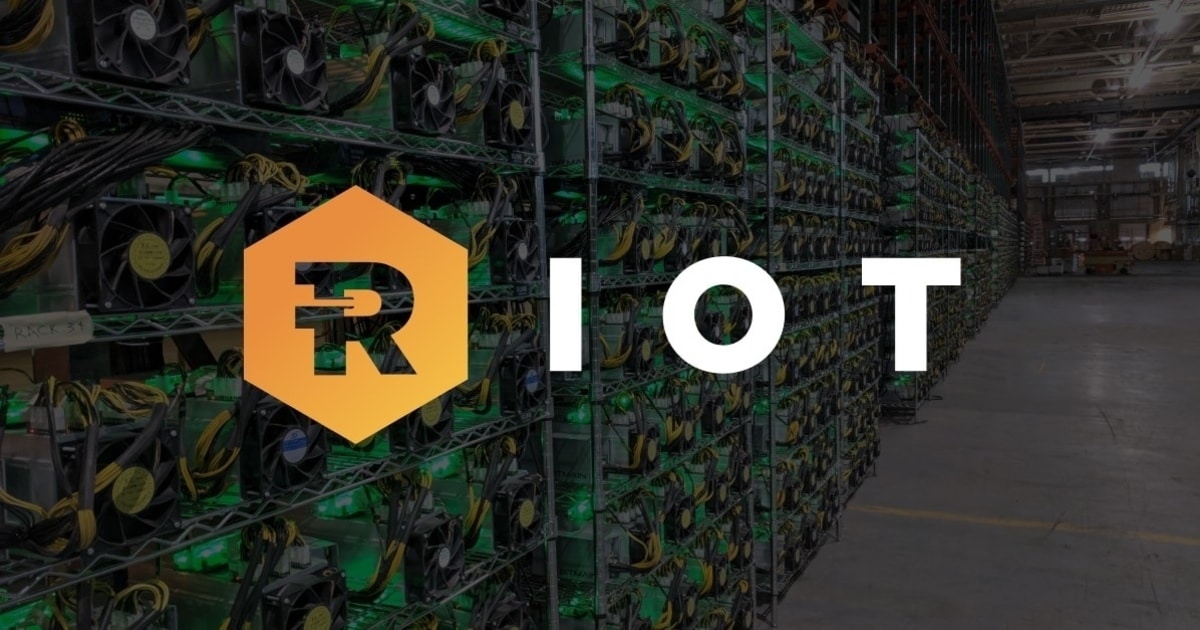Why the FB Libra Network Might Never Take Off
Facebook has demonstrated tremendous resolve in trying to launch its ambitious Libra crypto payment network. The plan, however, faces a few major hurdles.
The first is that Facebook has a long way to go before it can win back public confidence. It lost a great deal of it during the infamous Cambridge Analytica scandal. It exposed its data collection and mining irregularities.
As a result, Facebook has undergone intense regulatory scrutiny by legislatures in both the United States and Europe over the past few years. The platform is effectively banned in China because of its contentious data privacy practices.
Its troubles also seem to be piling up. Most recently, over 180 major companies, including Unilever, Patagonia, Verizon, and Honda, boycotted advertising on the platform due to its failure to curb hate speech and content used to promote violence. The move caused its shares to fall by 8 percent in 24 hours.
Major Jurisdictions Don’t Want a Facebook Payment Network
India was the first nation to stop the launch of an elaborate FB payment network within its borders. Brazil is the latest country to resist such a move.
Facebook launched its WhatsApp Pay network in Brazil on June 15. The platform was forced to shut down just a week later after Brazilian authorities sounded the alarm on the new venture. Government officials said that significant regulatory scrutiny would have to be undertaken before the company can be allowed to launch the product.
Governments Don’t Want to Cede Control of their National Currencies
The botched Brazil launch highlighted hurdles that the Libra network is bound to encounter when launching in other jurisdictions. The United States, the biggest economy in the world, has already said that there are other concerns besides user privacy, which require greater examination.
Money laundry loopholes are among the main issues that Facebook will have to address before launching Libra. The fact that the platform is set to allow cross-border payments using a basketcoin also means that strict currency regulation measures would also have to be adhered to.
This is because such a system would be able to bypass central banks and allow bad actors to manipulate currency demand and supply to a certain extent, and no nation wants that.
Major Partners Have Left
The Libra network was announced with much fanfare last year, and major payment processors and related companies quickly jumped on the bandwagon. The excitement died down after it became clear that Facebook would control the network’s digital currency wallets dubbed Calibra.
A major exodus ensued due to a lack of clarity on how network partners would monetize the platform since transactions were free.
With major payment processing firms such as PayPal, Visa, MasterCard, eBay, Stripe, and Mercado Pago leaving the project, Libra’s reach is likely to be limited once launched.
The post Why the FB Libra Network Might Never Take Off appeared first on CoinCentral.



